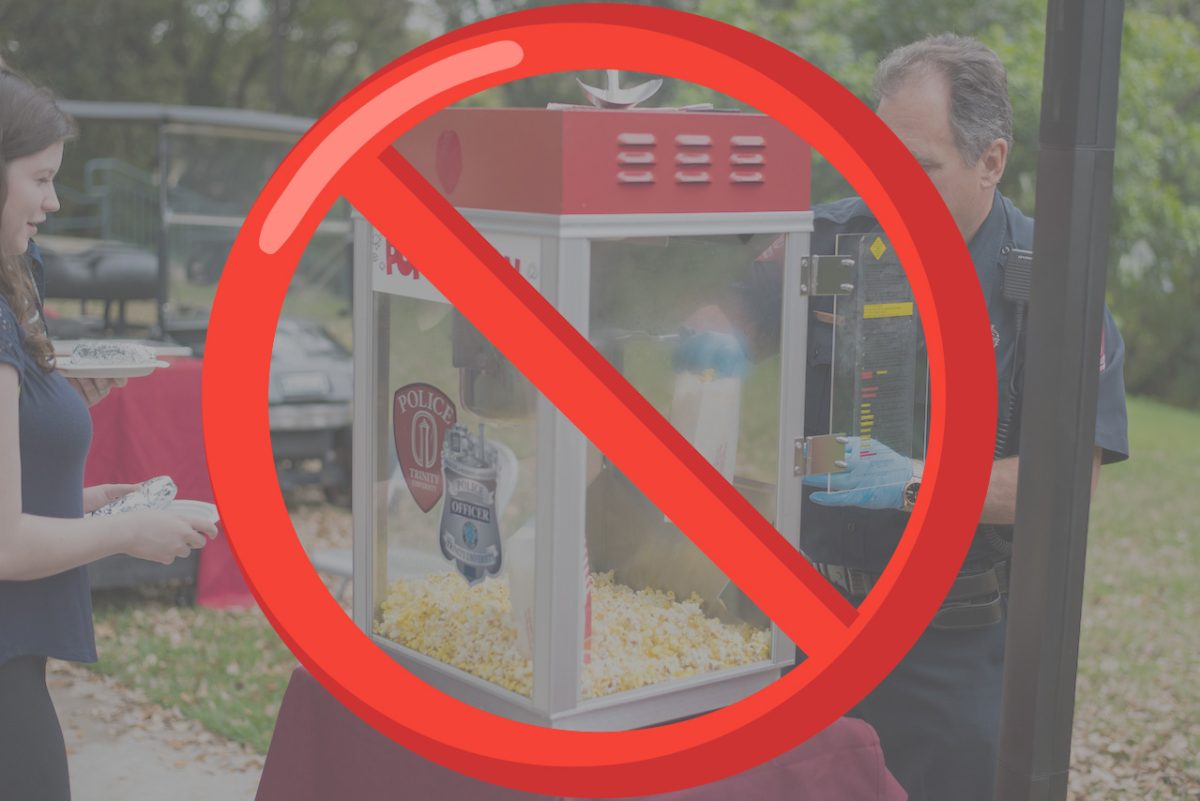Illustration by Genevieve Humphreys
College is often a young adult’s first opportunity to pursue an adult-style romantic relationship without constant parental supervision. This increase in autonomy can be exciting, but it can also feel overwhelming. Students often wonder, “Is my relationship good for me?” or “Is this what love is supposed to be like?” Unfortunately, college students also fall under the age group that is most likely to become victims of intimate partner violence (IPV) and other unhealthy relational patterns.
Although many people assume IPV is limited to physical and/or sexual violence, the World Health Organization explains that IPV also encompasses emotional and psychological abuse (such as humiliating, intimidating or threatening a partner) and controlling behaviors (such as isolating a partner from their family and friends as well as monitoring or restricting their behaviors). The latter categories of IPV often go unnoticed by young adults who mistake controlling and destructive behaviors as acts of love. For example, if spending time together is a sign of love, then doesn’t it follow that isolating yourselves from friends and family and spending all of your time together a sign of extreme love? HINT: It’s not!
It makes sense that many young adults confuse unhealthy behaviors with love. After all, this generation grew up watching Edward stalk Bella in her bedroom while she slept because he believed she needed his constant protection and supervision. We are inundated with media and cultural scripts that glamorize unhealthy relational behaviors.
The One Love Foundation provides an excellent and easily understood resource for young adults by identifying 10 Signs of a Healthy Relationship versus 10 Signs of an Unhealthy Relationship.
Healthy Relationship Signs
- Moving at a comfortable pace so partners do not feel rushed.
- Displaying trust.
- Feeling safe enough to be honest without fear of judgment.
- Encouraging independence and a life outside the relationship.
- Displaying respect at all times.
- Pursuing equality by being similarly investing in and having equal say over the relationship.
- Displaying compassion and genuine kindness for each other.
- Partners taking responsibility for their own actions.
- Partners are loyal and reliable.
- Open communication feels natural.
Unhealthy Relationship Signs
- Feeling overly intense, out of control or “crazy in love.”
- Lashing out in response to jealousy.
- Attempting to control a partner by manipulating them.
- Isolating a partner from their friends and family or spending all your time together.
- Sabotaging your partner’s reputation or activities.
- Belittling your partner or making them feel bad about themselves.
- Making your partner feel guilty.
- Experiencing volatility or drama with extreme ups and extreme downs.
- Deflecting responsibility from self.
- Betraying your partner.
Imagine that your partner has a new job that is taking up a lot of time, and their boss just happens to be physically attractive and flirtatious with your partner. Naturally, you might worry about losing your relationship, but you can choose whether to react in a healthy or unhealthy way.
An unhealthy response might involve telling them to quit, trying to make them late for work so they will get fired or making them feel guilty for spending time away from you. You might even make accusations such as, “You know he only hired you because he wants to sleep with you, right? But you seem totally okay with that since you want to spend all your time with him lately.”
A more healthy response would involve taking responsibility for your feelings and directly discussing them with your partner in a caring manner. You could say, “I’m not surprised you are having so much success at your job because you are amazing. You know I don’t like how flirty your boss acts, but I trust you. I know your job is important and will take up a lot of time, but I guess I want to make sure that we are still a priority. What if we set aside a few hours every week where we spend time together without mentioning or thinking about work?”
Isolated unhealthy behaviors are common and occur from time to time in most relationships. One problematic behavior does not signal that an entire relationship is toxic. That said, rampant and habitual unhealthy behaviors might reveal a larger problem. It is easy to see how these unhealthy behaviors can spiral and cluster into destructive and dangerous patterns such as IPV. Learning to recognize any unhealthy behaviors in your relationship can help you take proactive steps toward healthier communication. If a partner remains unresponsive or hostile toward your attempts at healthy dynamics, you might consider whether the unhealthy behaviors that you noticed are actually indicative of an unhealthy and toxic relationship.







